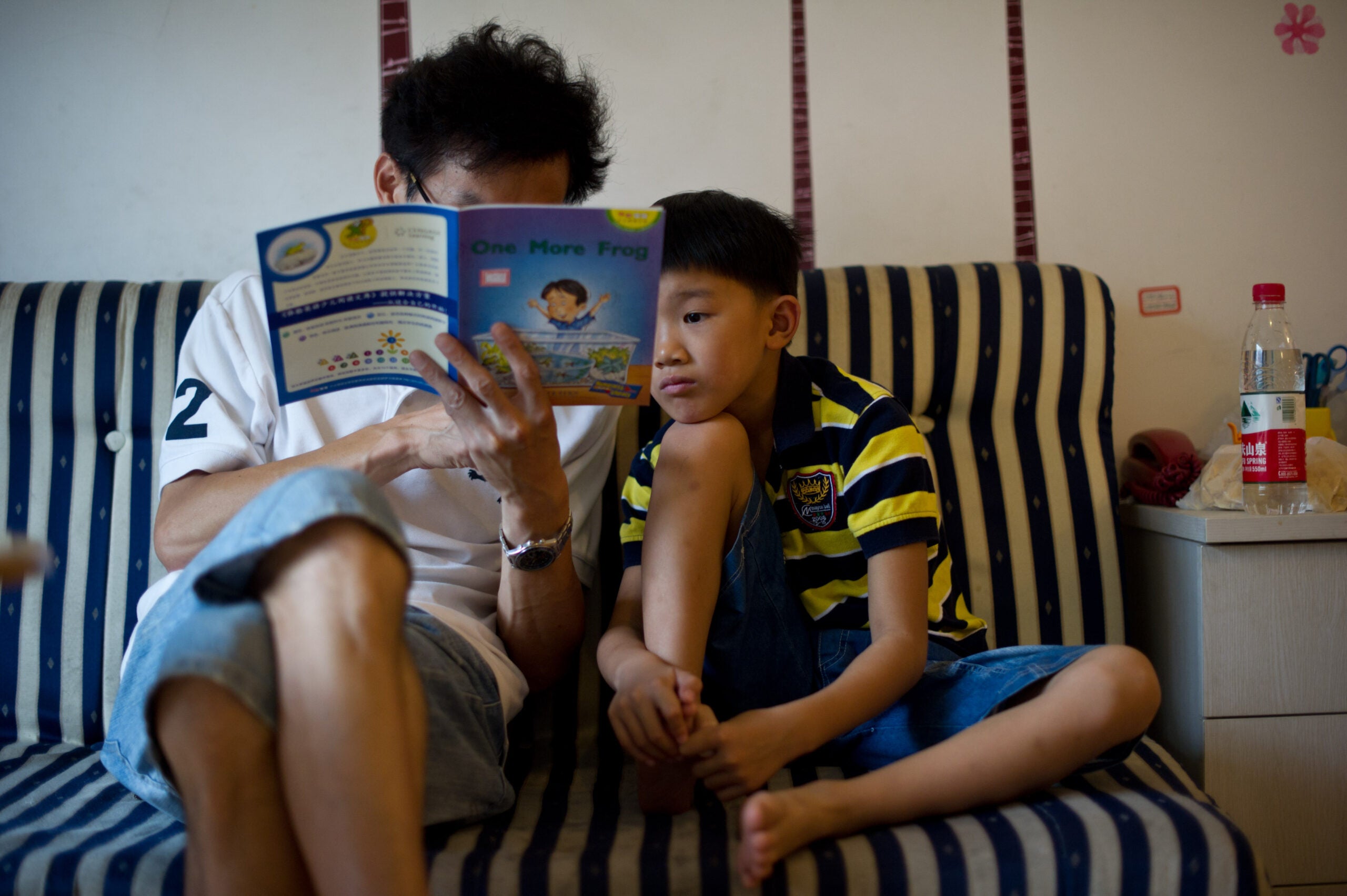
The Standing Committee of the National People’s Congress (NPC), China’s top legislative body, looks set to prohibit for-profit home tutoring in an effort to boost the country’s declining birth rate.
The upcoming Family Education Facilitation Law was initially proposed in 2019. Its first draft was revealed in January when the document was called the “Family Education Law”. It will be submitted for a second revision with an added article that stipulates explicitly that “family education coaching services” must remain non-profit.
The draft of the new law describes the basic task of family education as “fostering ethics and character, by cultivating and practising the Core Socialist Values, advocating the exceptional traditional Chinese culture, and cultivating the comprehensive moral, intellectual, physical, aesthetics and labour development of the builders and successors of socialism”.
According to Chinese media, the amendment will plug the loophole through which for-profit tutoring providers disguise themselves as family education coaching providers. Once passed, the bill will govern how parents conduct education at home for their children.
Beijing’s crackdown on home tutoring
On July 24, China’s two main regulatory bodies released a joint statement that effectively banned for-profit tutoring in core education with the aim of controlling the country’s private education industry and improving school-life balance for families.
The guidelines directed all K-12 tutoring companies to register as non-profit. Companies that operate edtech platforms or services that promote online tutoring were banned from raising capital through initial public offerings.

US Tariffs are shifting - will you react or anticipate?
Don’t let policy changes catch you off guard. Stay proactive with real-time data and expert analysis.
By GlobalDataIt also barred listed companies and overseas entities from investing or acquiring stakes in these education companies. The aggressive move essentially wiped out China’s $100bn for-profit test-prep industry.
Beijing’s move is a sweeping attempt to alleviate the cost of education for families and so increase the country’s birth rate. However, many families and experts say that the education overhaul will only help the rich and make the system even more competitive for those who can barely afford it.
They point out that the wealthy will simply hire expensive private tutors as a way to circumvent the new rules. Many for-profit educators outside China also see this as an opportunity, as they began shifting their platforms to include more online classes. Payments can be handled through foreign systems as a way to evade Beijing’s rules. Of course, this option will also only be available for the rich.
In addition to the Family Education Facilitation Law, the NPC standing committee’s session from Tuesday to Friday this week will also review draft laws related to personal information protection, crime and land borders. The standing committee will also read draft revisions of the Military Service Law, the Law on Scientific and Technological Progress, and the Law on the Prevention and Control of Noise.
Moving to India and the US
According to GlobalData’s analysis, China’s latest regulatory crackdown will potentially shift the future investment balance towards US and Indian edtech companies whose growth has been equally swift, particularly in the case of Byju’s.
China’s sweeping overhaul of its $100bn private education industry will eliminate foreign investors from much of the sector. It may lead to billions of dollars of investment from groups such as Tencent, Alibaba, Sequoia, SoftBank’s Vision Fund, and other private equity firms being written down or written off. The outcome will be a shrinking sector.
The regulation, however, does not come as a surprise, considering that one of the country’s top priorities is boosting its declining birth rate.
Chinese parents spend an average of 120,000 yuan ($17,400) a year on extracurricular tutoring for their children, believing that a good education will help them climb the social ladder. Some will pay up to 300,000 yuan ($43,500), according to the Chinese Education Society. The Chinese government is concerned that the financial burden on parents has become excessive.







